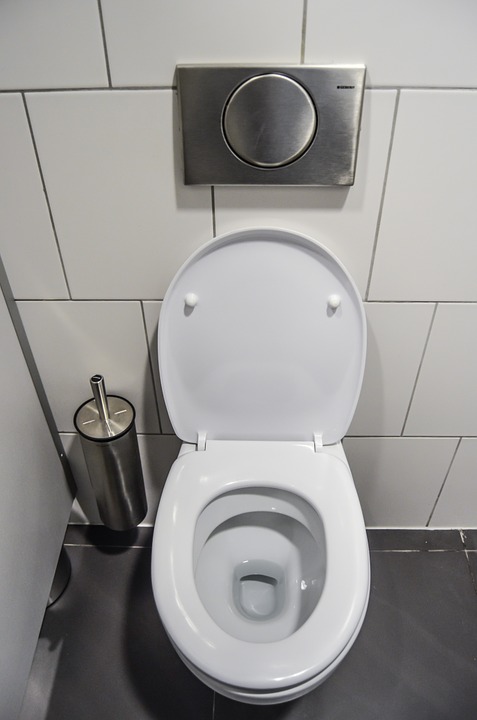In the daily hustle and bustle of household life, the convenience of flushing unwanted items down the toilet is a common but often overlooked practice. However, the repercussions of this seemingly innocuous habit can be significant. Homeowners need to be aware of the potential dangers associated with non-flushable items, as they can wreak havoc on plumbing systems and the environment.
Non-flushable items, such as wet wipes, cotton swabs, and hygiene products, may not disintegrate like toilet paper, leading to blockages and clogs in plumbing systems. These blockages can result in costly repairs and inconvenience for homeowners. It’s crucial to adhere to the guidelines provided by wastewater management authorities and dispose of non-flushable items in the appropriate manner, such as using designated waste bins.
Beyond the home, the impact of non-flushable items extends to the environment. Many of these items end up in water bodies, contributing to pollution and harming aquatic ecosystems. Microplastics from non-biodegradable items pose a long-term threat to marine life and water quality.
In conclusion, homeowners play a pivotal role in preserving the functionality of their plumbing systems and protecting the environment by being mindful of what goes down the toilet. By adopting responsible disposal practices and avoiding flushing non-flushable items, homeowners contribute to the health of their homes and the planet alike.


Recent Comments